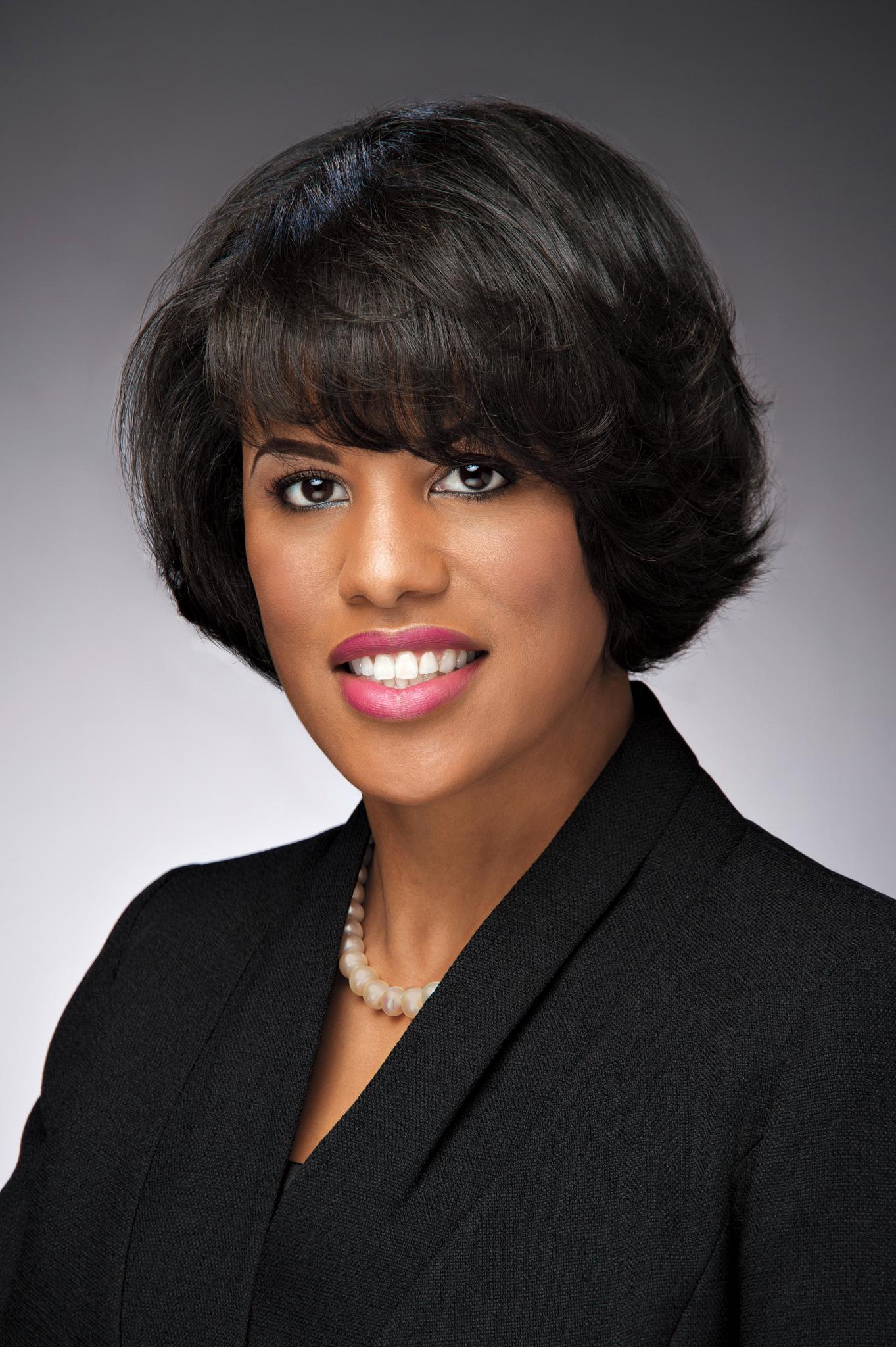
Stephanie Rawlings-Blake, 44
Baltimore
Her role: Mayor
Stephanie Rawlings-Blake is no rookie—she’s spent nearly half of her life in politics. At 25 she was the youngest person ever to be elected to the Baltimore City Council. Today she’s the second Black woman to hold the top office in Baltimore.
Rawlings-Blake is determined to transform her native city into a model of progressive education, a booming economic center and a place where families flock to raise their children. We caught up with the busy mom to talk about her plans for the future.
ESSENCE: You have a bold agenda for Baltimore, but the city’s homicide rate went up in 2013. How do you respond to news of the increase?
STEPHANIE RAWLINGS-BLAKE: I know the pain of losing someone close to you to violence. Last year my 20-year-old cousin was shot and killed in the city. I also grew up when crack cocaine was pervasive. Friends I’d made as a young girl at drama camp were murdered. Since I took office [in 2010], annual homicides have declined to fewer than 200 for the first time since 1975. But we still have our struggles.
ESSENCE: What’s your strategy?
S.R.: I’m having conversations with community members—the only way we can fight this epidemic is through a solid partnership. We’ve enacted Operation Ceasefire, a program that reduced gun violence in cities like Boston and Los Angeles. And we’re working with state and federal agencies to target violent repeat offenders. We can do better for our young people, and violence will remain a pressing concern for me until we get it right.
ESSENCE: What’s been your most significant accomplishment to date?
S.R.: School construction. You can’t convince children that they should value their education when school buildings aren’t suitable: unreliable heating and air-conditioning systems, water fountains that don’t work, unsanitary bathrooms, falling ceiling tiles. Under my leadership we’ve secured $1 billion to build 15 brand-new schools and to renovate more than 30 others.
ESSENCE: Why is rebuilding Baltimore’s neighborhoods a priority for you?
S.R.: When the education system was at its worst, a lot of people moved out of the city. Baltimore was once home to almost a million people—now we’re at 620,000. As a result, we’ve suffered from years of divestment. Since turning many of our vacant lots—former crime hubs—into community green spaces where kids can play, we’ve experienced positive population growth for the first time in decades.
ESSENCE: What advice do you have for Black women considering roles in public office?
S.R.: We have so much to offer our communities. I know there are more lucrative careers than those in government, but I hope to inspire smart young women to take on our strong legacy of public service. I can’t imagine work that is more rewarding.
This article was originally published in the June 2014 issue of ESSENCE.
